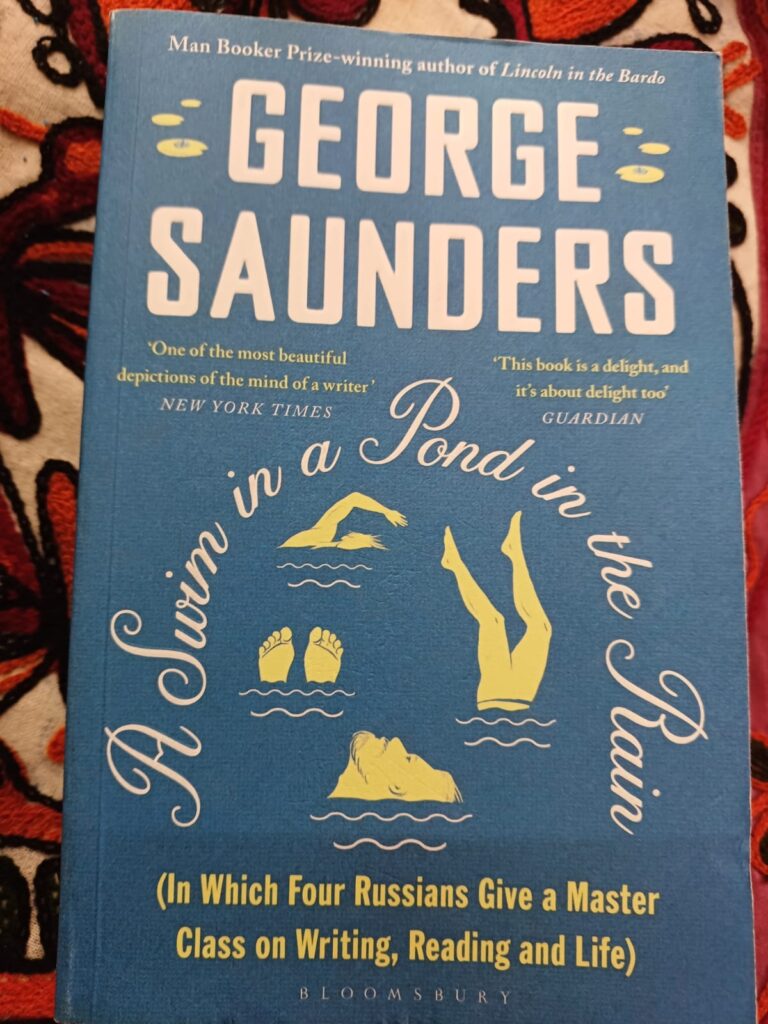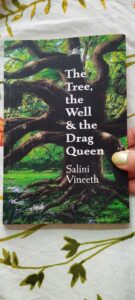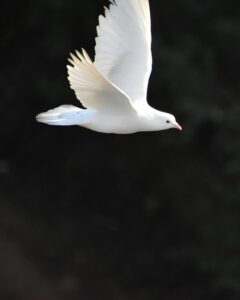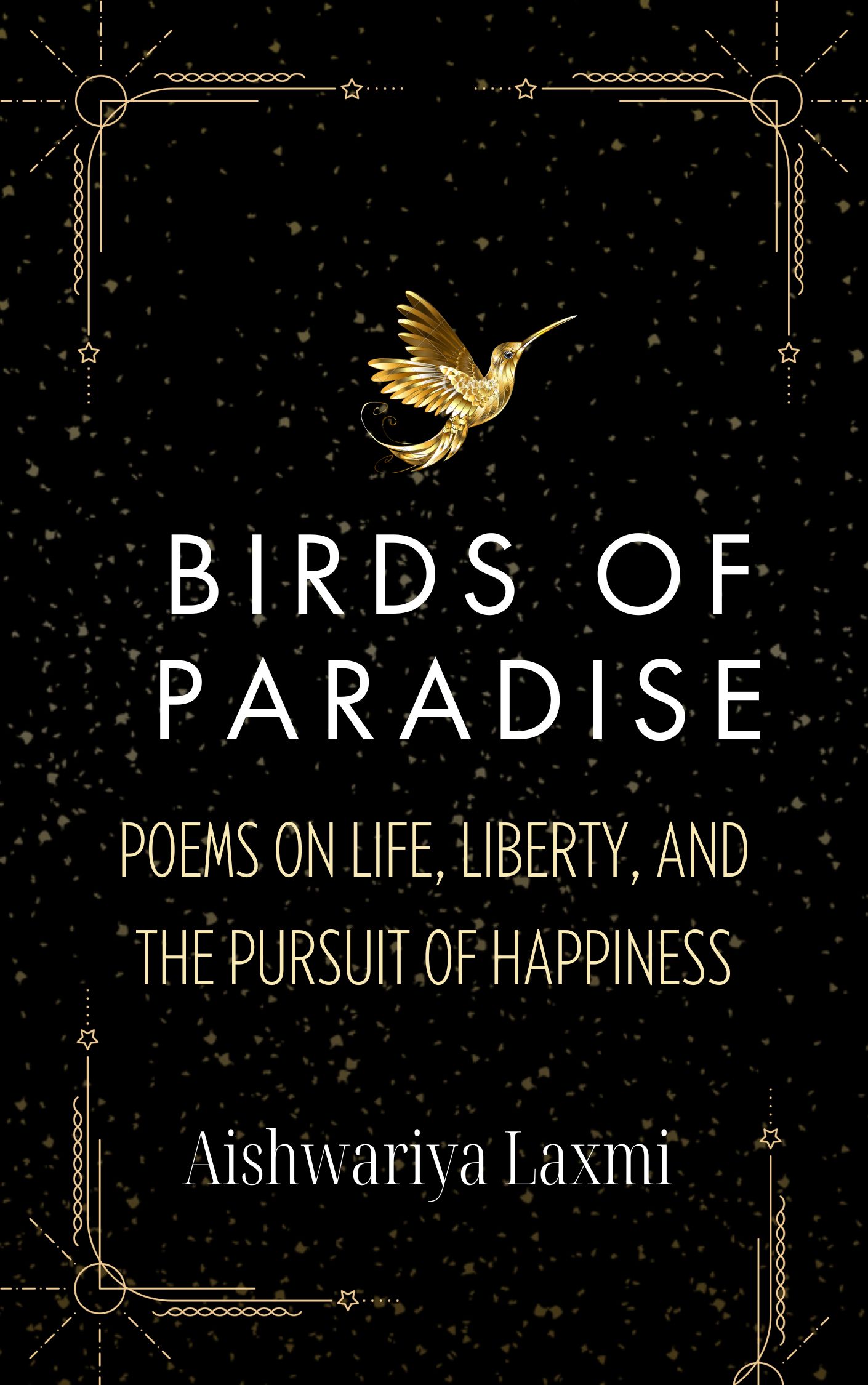Bloomsbury Publishing, 2021
Reviewed By K.S.Loganathan
George Saunders, a Man Booker Prize winner, teaches students at Syracuse University a class in nineteenth-century Russian short stories in translation. He has compiled a commentary on seven stories from four Russian writers: Chekov(3), Tolstoy(2), Turgenev, and Gogol (1 each). This book is about writing short stories, but it is not of the how-to variety. It is a diagnostic book exploring the way the creative process works.
The stories are vignettes of small-town life in Imperial Russia, in the backdrop of a repressive culture and a harsh environment and under constant threat of punishment. The Russian writers regard fiction as a vital moral-ethical tool to address questions such as the nature of inequality and injustice, happiness, self-worth and the purpose of life.
Chekov’s writing incorporates a ‘stream-of-consciousness’ technique, focusing on the protagonist’s inner thoughts and feelings. He uses a foreshadowing technique, requiring every element a story introduces to be necessary to the plot. ‘In the Cart’ is his tale of a schoolteacher’s day trip to town , her loneliness, and culminating in a moment of epiphany on her return, described from within and taking the reader with it.
Chekov’s ‘Darling’ is a “pattern story” about a woman who falls in love three times, the love coming to an end each time; she intensely loves each person and repeatedly becomes that person’s alter ego—a sort of Pavlovian conditioning that we cannot explain why.
The text continues after the image.

‘Gooseberry’, the author’s favourite Chekov story, is a tale about the nature of happiness. A clerk in a government office buys a country estate, puts on airs, and happily eats home-grown gooseberries. But inlaid in the narrative are elements that indicate that happiness means many things to the other characters in the story.
Tolstoy’s moral positions, involving non-violence, a belief in God sans orthodoxy, and love of man, come through in his writing. His ‘Master and Man’ also repeats a baseline pattern four times; master and man set out from a place on a cold, wintry day in a horse-drawn sledge and ride through a snowstorm getting lost four times; a moral transformation occurs in the arrogant landowner Vasili as he freezes to death.# In ‘Aloysha the Pot’, Tolstoy tells the story of a passive and humble person who does odd jobs and lives and dies uncomplainingly, leaving the readers wondering with questions about justice, but without answers.
Turgenev’s ‘The Singers’ is part of his book ,’A Sportsman’s Sketches’, containing a cycle of stories. It is about a singing contest between Yakov, the contractor with technical prowess, and Yashka, who has natural talent, in a tavern in a “terrible village “.Yashka evokes deep feelings in his audience and wins, proving that the highest aspiration of art is to move the audience. Turgenev’s depictions of the Russian peasantry were sensitive and realistic, opening their world to the literati.
Nikolai Gogol, in the absurdist tradition, uses a form of unreliable narration called’ skaz ‘ in Russian to tell the story of the barber Ivan Yakovlevich, who finds a nose in his morning loaf of bread. Gogol never explains why the nose got detached in the first place, how it could move about, and why it got reattached, although it is identified soon as belonging to Major Kovalyov. Reading Gogol, it occurs to us that our mind is constantly making with words, a world that doesn’t quite exist. The story is a precursor to magical realism, as an unusual element is woven into a realistic narration.
My Views
Books condensing successful course materials on essential topics taught in universities are a gift to the wider public, constituting as they do a core syllabus for continuous, lifelong learning. Not only does one learn about the narrative techniques of prominent Russian writers, but also one becomes a more understanding reader. Saunders encourages writers to figure out the process for themselves. Along the way, he writes about the hurdles in translating from Russian, with examples, emphasizing that we may be losing the music of Russian and the nuance they would have for a Russian reader. Even so, they have worlds to teach us, he asserts. It is a literary masterclass on Russian storytelling.











